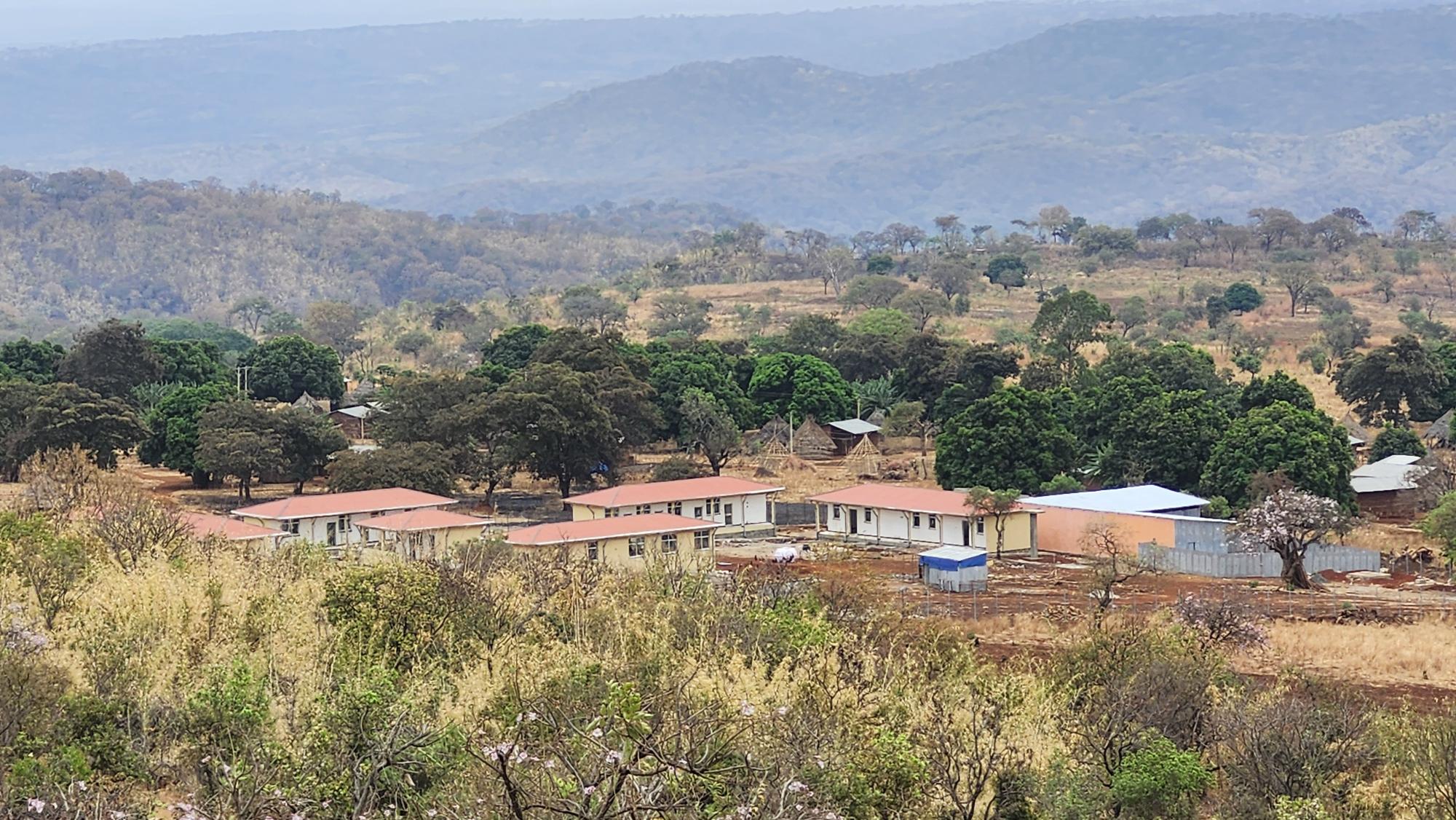Health & Nutrition in Ura Settlement

Health & Nutrition in Ura Settlement
Akuda Tumet Inclusive Health Center
On this page
What is the vision for refugee inclusion in the government health system of Ura woreda?
All refugees can access comprehensive primary health care available in health facilities under Ura woreda health office. Refugees can access secondary and tertiary referral health services provided by the Government through referral mechanisms. This inclusion is important to ensure noncommunicable and communicable disease prevention and treatment.
Refugees can access both facility and community-based nutrition services available within Ura woreda and at Assosa hospital through referral service for complicated severe acute malnutrition.
All refugees in Ura settlement are included in health campaigns and community health initiatives organized by the Regional Health Bureau to improve health outcomes and prevent disease outbreaks.
All refugees are included in routine immunization services provided by the Regional Health Bureau.
Health facilities serving refugees and host communities receive regular essential drugs, medical supplies, and medical equipment from the Regional Health Bureau.
A GBV one-stop-shop is embedded in the Akuda health center to provide services, including medical treatment and counseling services for rape survivors.
Humanitarian and development partners provide technical and financial support to the Regional Health Bureau and woreda and kebele health authorities to improve the delivery of quality health service to refugees and host community.
Refugees need to be provided with national ID cards to access the Government-run community-based health insurance scheme, provided it is expanded by the Ministry of Health to include refugees. This inclusion will enhance the ability of refugees to pay for health services on par with nationals.
What is the health and nutrition enabling policy environment?
The Government of Ethiopia Health Sector Development and Investment Plan (HSDIP) for the period 2023/24 to June 2025/26 has the overall goal to improve the health status of the population through accelerating progress towards universal health coverage, protecting people from health emergencies, transforming woredas and improving health system responsiveness that further contributes to the sustainable economic development.
The Government enacted the Refugee Proclamation No 1110/2019 on 27 February 2019, which supports the inclusion of refugees in health to national health system.
In December 2023, the Government of Ethiopia made a pledge at the Global Refugee Forum to enhancing the quality and availability of public services including health to refuges and host communities.
The Regional Government of Benishangul-Gumuz region is committed to facilitating the inclusion of refugees in the national health system. Ura woreda currently has 4 health centers health facility and 36 health post which provide health services to host community members. Refugees are currently accessing health and nutrition services to at Akuda health post and Ura health center. Refugees can also access secondary and tertiary services at the Assosa general hospital and in Addis Ababa for tertiary health care through referral services.
UNHCR’s Global Strategy for Public Health 2021-2025 seeks to facilitate the inclusion of refugees in the national health system to create a resilient and self-sustaining healthcare environment.
What do the national standards require?
One health center provides health services to 25,000 population in rural areas. A health center is equipped with necessary medical equipment, supplies, and furniture.
One health post provides health services to 5,000 catchment population.
If Ura settlement is expected to host 34,000 refugees, one additional health post should be built to complement the existing Akuda Health Center, ensuring adequate health and nutrition services for the population.
100% mothers are getting antenatal care follow up, skilled delivery service, and post-natal care follow up.
Nutrition services including facility and community-based services are integrated into primary health care.
How can progress be measured on refugee inclusion in Ura?
Numerous health indicators can measure the provision of health services. Key indicators include:
- # of primary healthcare facilities supported/rehabilitated
- # of individual consultations
- skilled birth attendance coverage
- measles vaccination coverage
- global acute malnutrition rate
- # of HIV positive patient on ART
The Regional Health Bureau’s sector plan and budget include refugees to facilitate the obtention of predictable financing to support refugee inclusion in the government health system. This inclusion requires further consultation and approval by the Ministry of Health.
The Regional Health Bureau and Woreda Health Office regularly conduct supervision of the health facilities that provide health care services to both refugees and host communities.
What investments are required deliver on this vision?
Since the start of the Sudan emergency, a number of partners have already provided support to the health authorities to support the expansion of the Government health system in Ura woreda. EU INTPA provided dedicated funding for infrastructure development to build a new health center in Akuda kebele. The Bank of Ireland provided support to GOAL to build a nutrition unit within the Akuda health center compound.
To further strengthen access to basic health services, the following investments should be prioritized:
- Construction of infrastructure to expand the government health facilities in the Ura woreda.
- Equipping of the Akuda health center with medical supplies, essential drugs and necessary furniture and prioritized.
- Procurement of one ambulance to serve refugees and host communities in Ura woreda.
- Establishment of WASH system within the Akuda health center and the Akuda health post.
- Connection of the Akuda health center to the national grid.
- Strengthening of a community-based health and nutrition surveillance system to support early detection and response to diseases and strengthen early identification and management of acute malnutrition.
- Provision of capacity building of medical staff, focusing on training and skill development to enhance their ability to provide comprehensive care.
